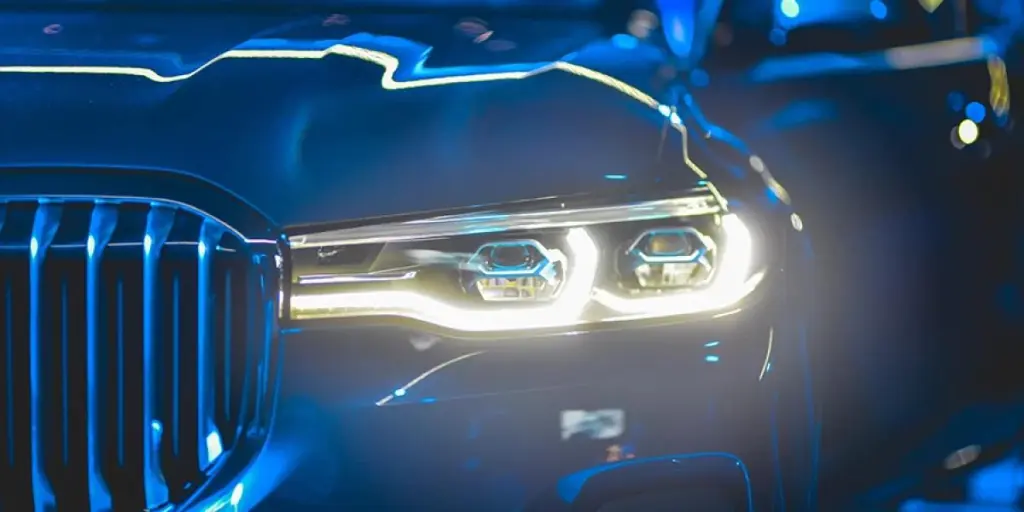With the impending ban on new petrol and diesel cars in the UK from 2030, there is a growing focus on electric vehicles. They’re efficient, eco-friendly, and increasingly, they’re becoming the practical choice for many. Alongside purchasing, leasing (long-term rental) has emerged as an alternative option for acquiring these vehicles. This article examines electric car lease agreements, detailing what they entail, how they can benefit you, and how to choose the right one.
Electric Car Lease Agreements Explained
You can drive your preferred model without the need for upfront payment or a loan through a specific arrangement where you rent the car for an agreed period, usually between two to five years. You make an initial payment, then regular monthly payments for the duration of the agreement. At the end of the lease, you simply return the car so electric car leasing deals can be a feasible way to get your dream car.
Benefits of Leasing an Electric Car
One of the primary reasons to drive an electric car is the significant savings it offers over time. Leasing can amplify these benefits. Firstly, the monthly payments are typically lower than loan repayments would be, which is more affordable in the short run. Secondly, as technology advances rapidly in the electric car market and newer models with improved mileage and features keep being introduced, leasing allows you the flexibility to keep up with the latest trends without committing to owning a previous model car.
Thirdly, the maintenance costs are generally less for electric cars compared to their fuel counterparts. However, if you’re leasing and the car develops any problem not caused by negligence or accidents, the repairing cost mostly falls on the leasing company and not on you.
What to Look For in a Lease Agreement
Before diving into a lease agreement, you need to understand fully what it involves. Here are some elements you need to look for:
– Monthly Payments: This is the amount you’ll pay each month during your lease term. It’s calculated based on the car’s residual value (the expected value of the car at the end of the lease) and the interest rate (also known as the ‘money factor’).
– Mileage Cap: Most leasing deals have a mileage limit. Exceed this, and you’ll incur charges. Decide on average annual mileage and ensure that it aligns with what the lease offers.
– Wear and Tear: Understand what the lease agreement describes as ‘excessive wear and tear’. You might have to pay extra charges if the car is returned in a condition below what the agreement stipulates.
– Contract Length: Ensure that the duration of your lease matches your requirements. A shorter lease allows you to upgrade to a newer model sooner, but it typically comes with a higher monthly payment.
Conclusion: Is Leasing Right for You?
Opting for a lease deal largely depends on your personal and financial situation. If you favour having the latest models, anticipate your mileage accurately, and prefer lower monthly payments, then leasing might be right up your alley.
However, remember that you won’t own the car at the end of the lease, and you could be hit with additional charges if you exceed the mileage limit or if the car suffers more than ordinary wear and tear.
Electric cars are the future of transportation. Leasing them gives you the ability to join this revolution in motoring without the large financial commitment of buying outright. By understanding your lease agreement, you can make a decision that suits your needs and experience all the benefits that electric vehicles have to offer.
Source from My Car Heaven
Disclaimer: The information set forth above is provided by mycarheaven.com independently of Alibaba.com. Alibaba.com makes no representation and warranties as to the quality and reliability of the seller and products.




